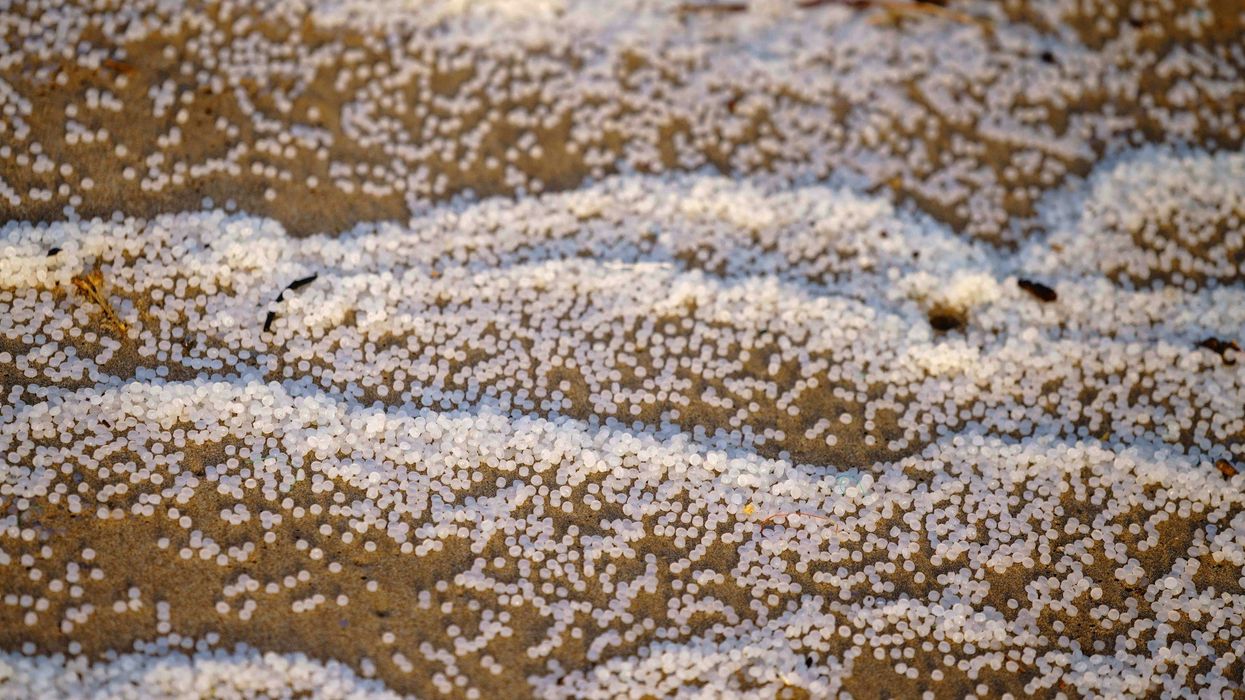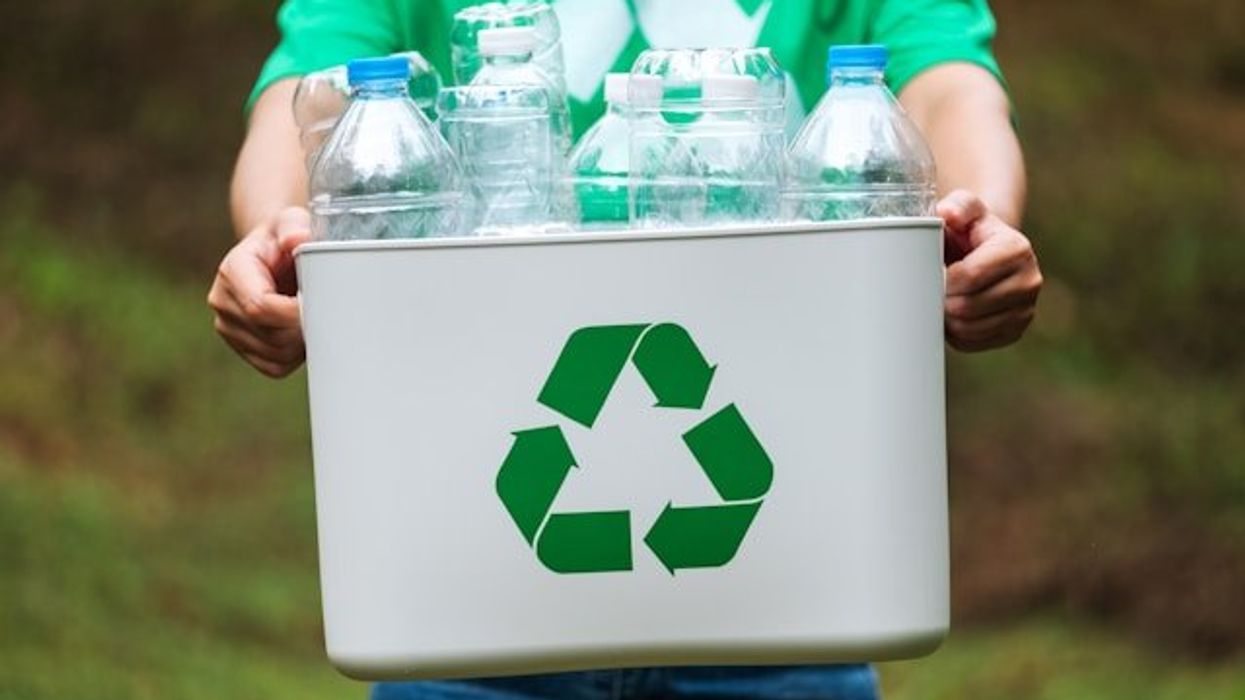The EPA has proposed increasing allowable levels of atrazine, a herbicide linked to reproductive harm and environmental damage, despite concerns from scientists and environmental advocates.
Douglas Main reports for The New Lede.
In short:
- The EPA has proposed a new atrazine limit of 9.7 parts per billion (ppb) in surface water, nearly triple the 2016-recommended limit of 3.4 ppb, raising concerns about public and environmental health.
- Research shows atrazine disrupts endocrine systems in animals, harms aquatic ecosystems and poses risks to human health, yet industry influence may be driving looser regulations.
- Public comments on the rule are open until Feb. 3, but changes to EPA leadership under the Trump administration could shape the outcome.
Key quote:
“It’s a punch in the gut for all the people who have worked to protect us from this incredibly harmful poison.”
— Nathan Donley, environmental health science director with the Center for Biological Diversity
Why this matters:
Found in drinking water across the country, particularly in agricultural regions, atrazine has been linked to hormone disruption, cancer and birth defects in numerous studies. Its effects on wildlife are equally troubling, with research showing that atrazine can harm aquatic ecosystems, causing developmental abnormalities in amphibians and other species. Despite these well-documented risks, efforts to loosen regulations surrounding atrazine continue to surface, often driven by the interests of the agricultural industry.
Related:















